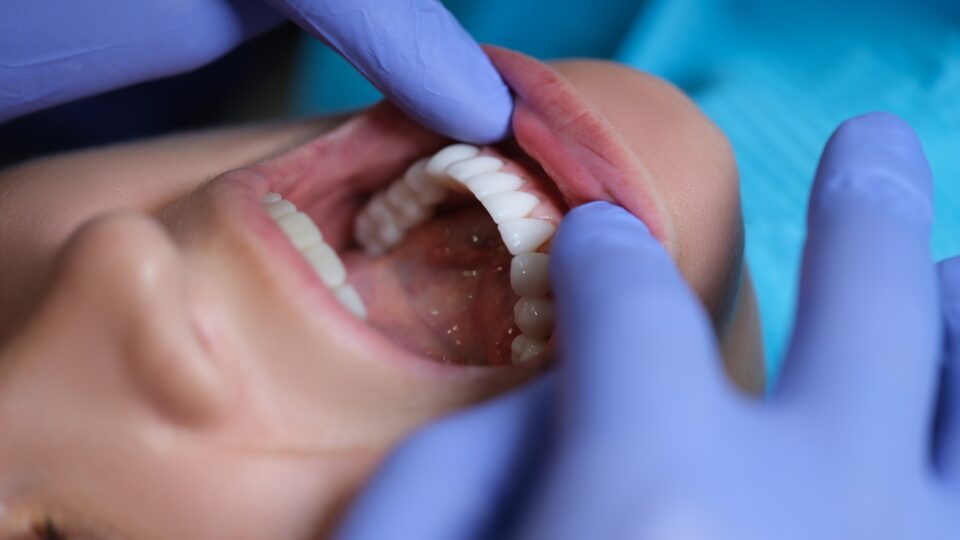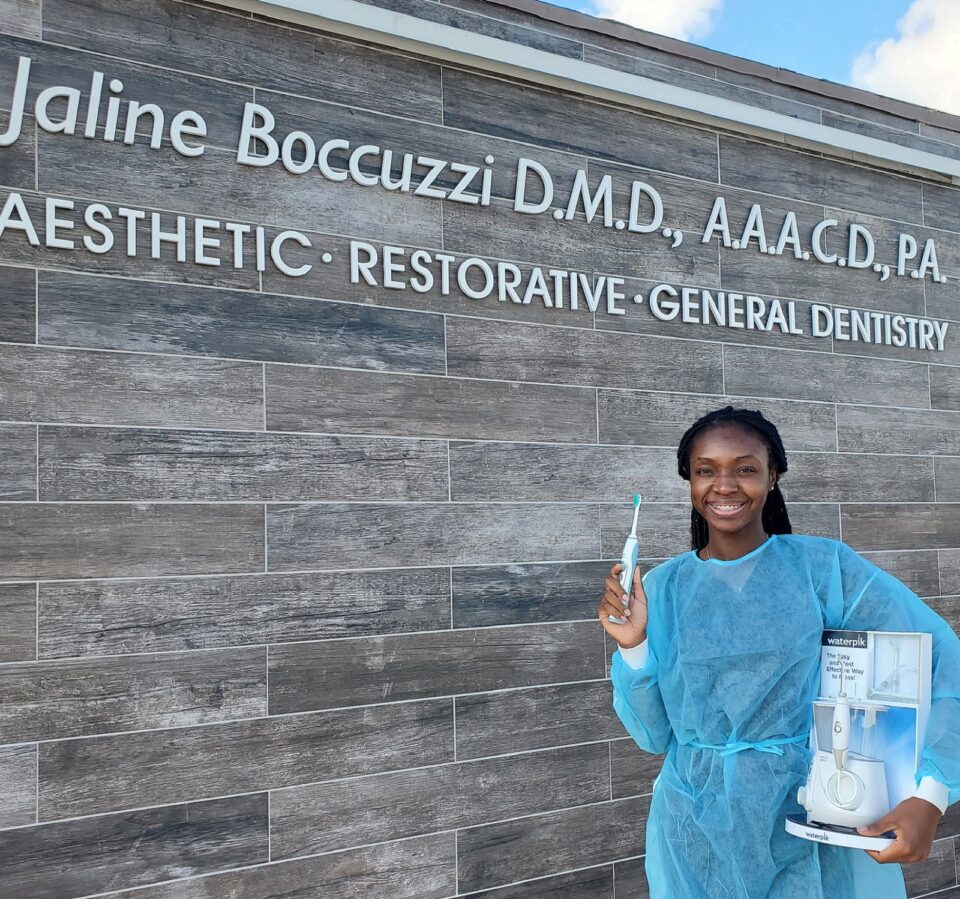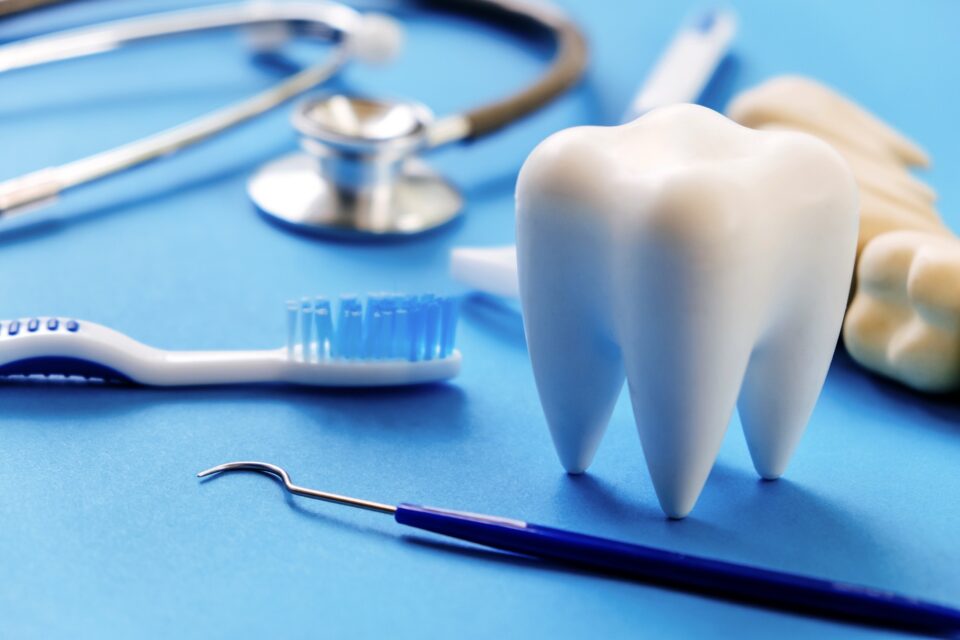Most people think of tooth loss as a purely physical problem. You break or decay a tooth, it’s removed, and you move on, maybe with a replacement or maybe without. But ask anyone who’s experienced it firsthand, and you’ll hear a very different story. Tooth loss has a way of changing how people think, feel, and act—often in ways they didn’t expect.
That’s because our smiles aren’t just for chewing—they’re part of our identity, our confidence, and even our personalities. Whether it’s a front tooth gone from a bike accident or a molar quietly lost to decay, the absence can stir up a surprising storm of emotions. And as it turns out, tooth loss affects more than your bite—it can reshape your behavior, your relationships, and your sense of self.
Let’s dive into the fascinating, sometimes overlooked psychological effects of tooth loss, and why the emotional aftermath of an extraction deserves just as much attention as the physical one.
How Does Losing a Tooth Affect Emotional Well-being?
At first glance, losing a tooth seems minor—after all, kids do it all the time, right? But losing a permanent tooth as an adult? That’s a whole different ballgame. Unlike childhood, there’s no Tooth Fairy to soften the blow. Just an uncomfortable realization that something important and visible is now missing.
Here’s how it impacts emotional well-being:
A sense of loss
It’s not just enamel and nerves that go—it’s a part of you, something you’ve had since childhood. Many people experience grief, especially if the loss feels sudden or preventable.
Embarrassment or shame
Even if the missing tooth isn’t visible when you talk or smile, you know it’s gone. That knowledge can trigger deep discomfort, especially in social or intimate settings.
Anxiety about health
Tooth loss can make people worry more about their overall dental and physical health. “If one tooth can fall out, what’s next?” becomes a common and anxiety-inducing thought.
A drop in self-esteem
Even those who’ve always had high confidence can find themselves second-guessing their smile, their attractiveness, or their youthfulness after losing a tooth.
And that emotional toll often intensifies depending on the location of the missing tooth. A lost molar might fly under the radar, but a front incisor? That can change someone’s entire facial expression—and with it, their emotional balance.
Can Tooth Loss Change How People See Themselves Socially?
Let’s talk about identity for a minute. We don’t always realize how closely our sense of self is tied to our teeth until something changes.
Smiles are a key part of how we connect with others—a sign of friendliness, warmth, humor, or flirtation. So when that smile becomes altered or incomplete, many people begin to see themselves differently in social contexts.
Some common self-perceptions after tooth loss include:
- “I don’t look like myself anymore.” The change in appearance, especially with front teeth, can cause a disconnect between how someone feels and how they see themselves in the mirror.
- “I look older or less healthy.” Missing teeth are often (unfairly) associated with aging or neglect, making some people feel self-conscious about their image.
- “I need to hide this.” This can lead to reduced smiling, covering the mouth while talking or laughing, or avoiding close-up photos altogether.
- “People are judging me.” Whether real or perceived, many individuals fear that others are making assumptions about them based on their missing tooth.
Even socially outgoing individuals can withdraw after tooth loss, especially if the missing tooth affects how they pronounce words, how their face appears when they smile, or how they think they’ll be perceived. The result? A quieter, more reserved version of themselves begins to emerge.
It’s not just a change in dental anatomy—it’s a shift in how people occupy social space.
Does Losing a Tooth Influence Confidence And Behavior?
You bet it does.
Confidence is often built on a foundation of small, everyday moments: making eye contact, laughing freely, speaking up in meetings, or smiling at strangers. A missing tooth can chip away at all of that, sometimes in subtle ways, sometimes dramatically.
Here’s how behavior can shift after tooth loss:
Smiling less
People with missing teeth—especially in the front—often start hiding their smiles. This small change can make them appear less friendly or confident, even if their personality hasn’t changed.
Speaking less clearly or less often
Tooth loss can affect speech, particularly the pronunciation of sounds like “th” or “s.” Some people become self-conscious and reduce their verbal participation as a result.
Avoiding photos or social events
Worried about their appearance or comments from others, many people with visible tooth loss will opt out of experiences they previously enjoyed.
Adopting a more reserved personality
Without realizing it, people may start leaning into a quieter, more hesitant version of themselves—not because that’s who they are, but because that’s who feels safest in this new chapter.
These changes may be gradual, but they’re impactful. Left unaddressed, they can feed into long-term patterns of withdrawal, isolation, or diminished self-esteem. It’s a domino effect: one tooth can tip the balance.
How is Personality Linked To Dental Appearance After Extraction?
It might sound strange, but your teeth are part of your personality. They’re how you express joy, sarcasm, nervousness, flirtation, and everything in between. When that expression changes—whether due to a missing tooth, altered bite, or shifting alignment—your personality presentation can change too.
The psychology behind it looks like this:
- Smiling is a social cue. If someone smiles less, they may appear more reserved, serious, or even unapproachable—regardless of their actual personality.
- Facial expressions change. Missing teeth can subtly alter how your lips, cheeks, and jaw rest, leading to changes in perceived emotion (e.g., a natural smile may now appear more tense or uneven).
- Vocal tone may shift. When your bite changes, so can your speech patterns or tone—possibly leading to new vocal inflections or hesitations.
- Eye contact and posture are affected. People with low confidence often avoid eye contact and slouch. If tooth loss triggers that confidence drop, posture and gaze can change accordingly.
Over time, these physical and behavioral changes can lead to a perception of a different personality—both by others and by the person experiencing them.
That’s why dental restorations—whether bridges, implants, or dentures—aren’t just cosmetic. They’re restorative in the emotional sense, too, helping people reconnect with the most expressive, confident versions of themselves.
A Missing Tooth, A Missing Piece of Self?
Tooth loss isn’t just about chewing and speaking. It’s about confidence, identity, social presence, and personality. It’s about the micro-behaviors that make us who we are—and how those shift when we feel less like ourselves.
The good news? Tooth loss doesn’t have to be permanent—either physically or emotionally. With the right restoration and the right support, people often report feeling like themselves again—sometimes even more confident than before.
But to get there, we have to start by acknowledging that losing a tooth affects more than just enamel. It affects everything connected to the smile—and that includes the heart and mind behind it.
Rebuild More Than Your Bite
At Jaline Boccuzzi, DMD, PA // JBDentistry, we understand that every missing tooth tells a story. And behind every story is a person who wants to feel whole again. Whether you’re considering a crown, bridge, or dental implant, we’re here to restore your smile—and the confidence and character that come with it.
Schedule your consultation today, and let’s work together to bring your personality back to the surface—one restored smile at a time.


